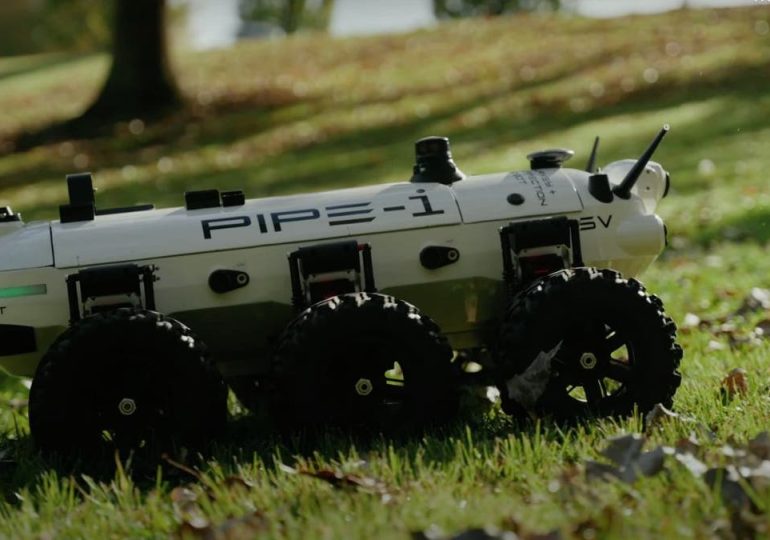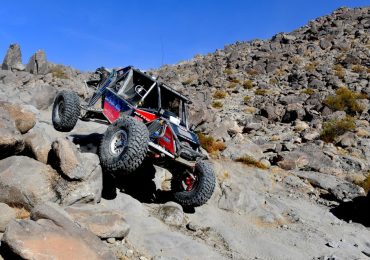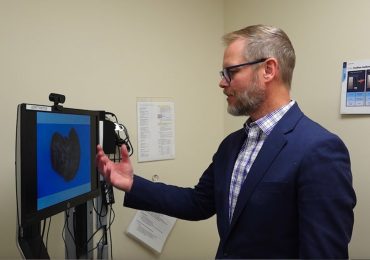At first glance, you might think you’re looking at something straight out of a sci-fi movie, but what you’re actually seeing is PIPE-i, a remarkable six-wheeled robot designed for real-world challenges.
Developed by Beca, a leading engineering firm in New Zealand, PIPE-i is a robotic survey vehicle that boldly ventures into hazardous and confined spaces like culverts and tunnels.
This innovative robot not only enhances safety by keeping humans out of dangerous environments but also boosts the accuracy and cost-effectiveness of asset surveys.
GET SECURITY ALERTS AND EXPERT TIPS – SIGN UP FOR KURT’S NEWSLETTER – THE CYBERGUY REPORT HERE
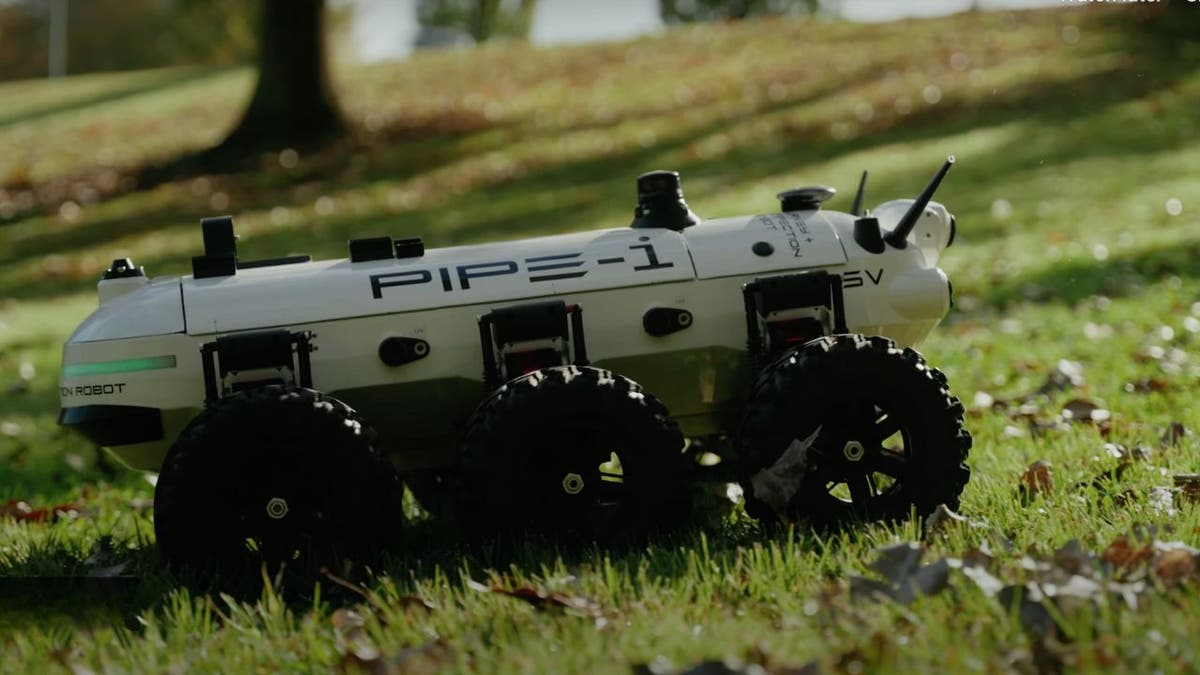
PIPE-i inspection robot (Beca)
The story behind PIPE-i
So, how did PIPE-i come to life? Well, it all started back in June 2022 when a group of structural engineers at Beca faced a daunting task. They were called in to survey a severely cracked and deformed culvert located beneath a busy highway.
Unfortunately, they quickly discovered that no commercially available tools could adequately tackle this inspection. Instead of throwing in the towel, these engineers decided to roll up their sleeves and create a solution of their own. Fast-forward a year, and PIPE-i was born, a robot designed to take on the unique challenges of confined space inspections.
WHAT IS ARTIFICIAL INTELLIGENCE (AI)?
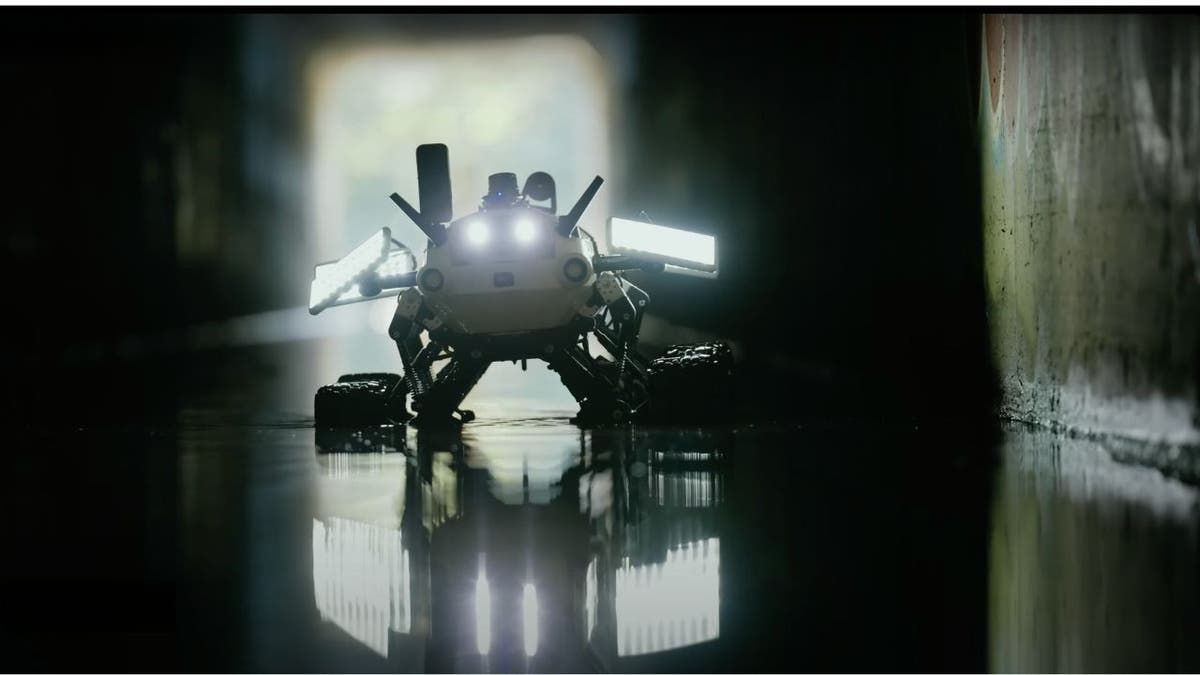
PIPE-i inspection robot (Beca)
WHY ENGINEERS ARE TEACHING HUMANOID ROBOTS TO MOVE AND GROOVE
Design and features of PIPE-i
Let’s look at what makes PIPE-i so special. First, its design blends advanced engineering and smart materials. The robot features a 3D-printed body made from a combination of polycarbonate and carbon fiber. This not only gives it incredible strength but also keeps it lightweight, which is perfect for maneuvering through tight spaces.
Equipped with six individually suspended wheels, PIPE-i can tackle uneven terrain with ease. And when it comes to lighting, this little powerhouse has four 850-lumen LED panels to illuminate even the darkest corners of stormwater culverts. But that’s just the beginning.
At the heart of PIPE-i’s capabilities is a sophisticated suite of sensors and imaging technologies. It features a pan/tilt forward-facing camera and a lidar sensor, allowing it to create a detailed spatial map of its environment. Plus, the onboard Leica BLK360 3D scanner is cleverly tucked away in a lidded compartment until it’s time to gather data. When needed, it flips up to capture stunning 3D scans of the culvert surroundings.
TRY CYBERGUY’S NEW GAMES (CROSSWORDS, WORD SEARCHES, TRIVIA AND MORE!)
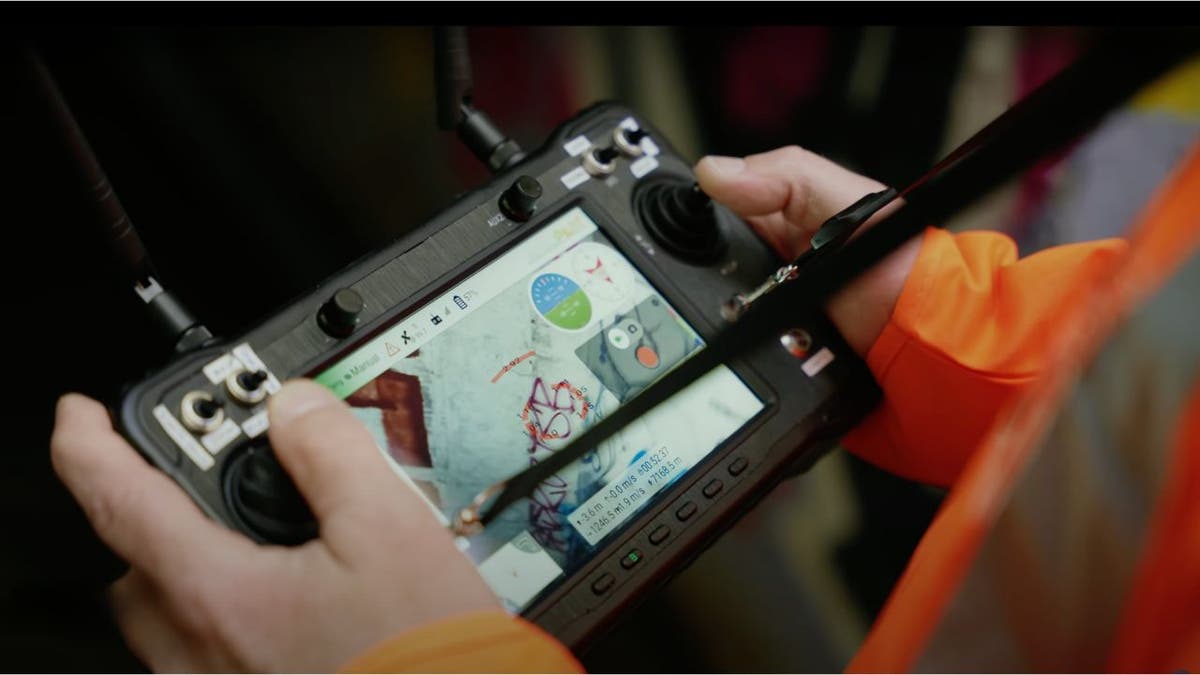
PIPE-i inspection robot live video feed (Beca)
SCIENTISTS CREATE CREEPY LIFELIKE FACES WITH REAL HUMAN SKIN FOR ROBOTS
Real-time operation and future enhancements of PIPE-i
What’s really cool about PIPE-i is how it operates. Right now, it’s controlled via real-time radio signals, giving users a live video feed from the robot’s camera. This means operators can monitor conditions inside the culvert as the inspection happens – pretty neat, right?
But that’s not all. PIPE-i also has some autonomous functions, like proximity sensing, to help it navigate tricky environments. And here’s the exciting part: Beca has plans to integrate artificial intelligence algorithms into PIPE-i, which will take its autonomy to the next level. Imagine a robot that can think for itself while inspecting hazardous areas. That’s the future they’re aiming for.
HOW TO STOP ANNOYING ROBOCALLS
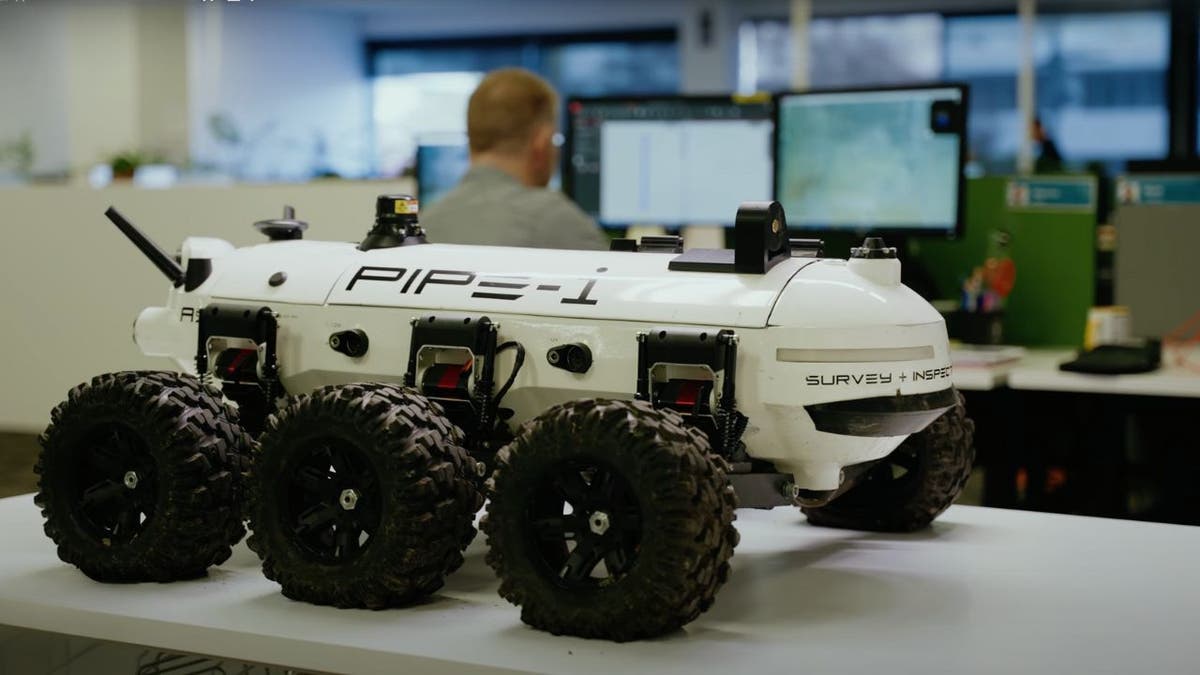
PIPE-i inspection robot (Beca)
FIRST HUMANOID ROBOT FACTORY IN US CAN CRANK OUT 10,000 ROBOTS A YEAR
Comprehensive data analysis
Now, let’s talk about the data. After conducting an inspection, PIPE-i allows users to generate a 3D point cloud model of the culvert. This detailed representation provides invaluable insights into the culvert’s condition, helping engineers spot issues that might be invisible during a live video feed. And if you want to capture a complete view, there’s an optional omnidirectional camera that can be added for 360-degree video. Talk about thorough.
GET FOX BUSINESS ON THE GO BY CLICKING HERE
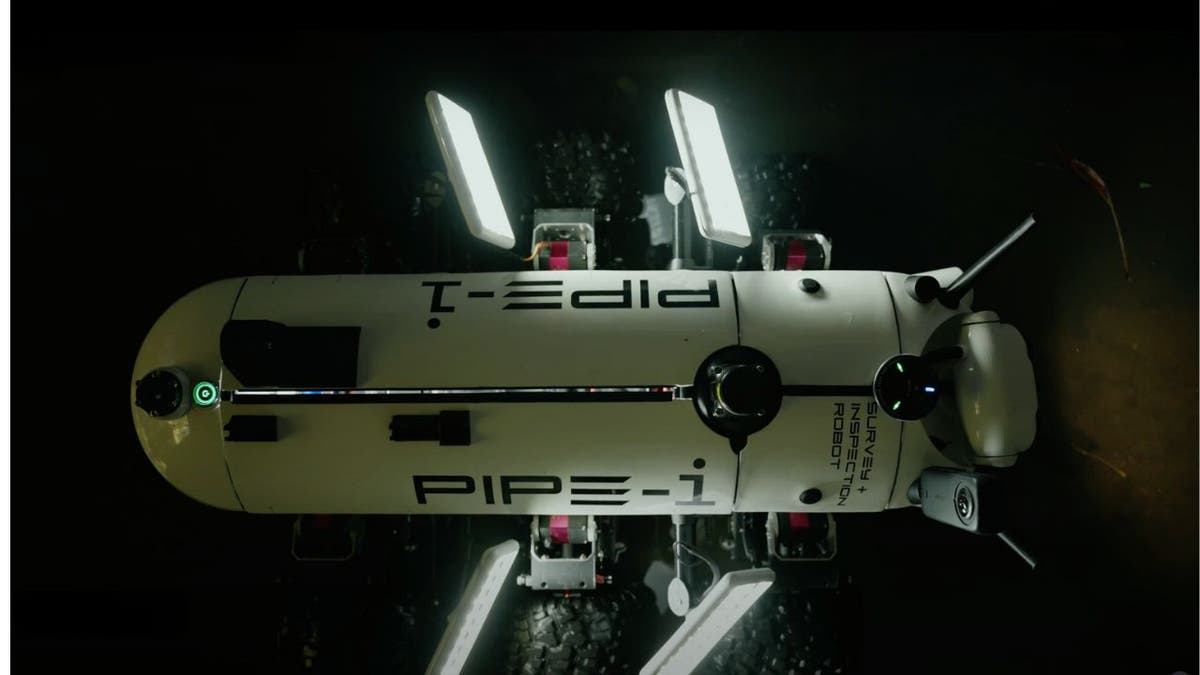
PIPE-i inspection robot (Beca)
Adaptability and suspension features
One of the standout features of PIPE-i is its adjustable suspension system. This clever design allows the robot to change its height, making it incredibly versatile. Whether it needs to navigate around overhead obstacles or rise higher for better scanning, PIPE-i can do it all. This adaptability is crucial when dealing with the unpredictable conditions often found in stormwater culverts.
SUBSCRIBE TO KURT’S YOUTUBE CHANNEL FOR QUICK VIDEO TIPS ON HOW TO WORK ALL OF YOUR TECH DEVICES
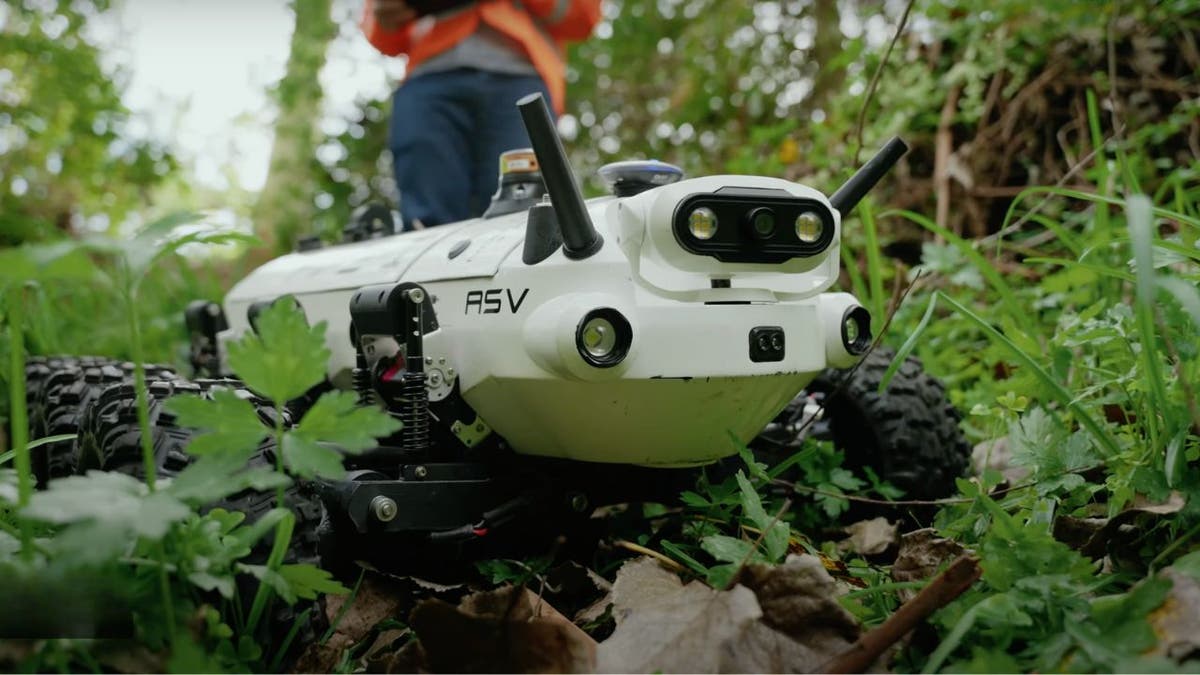
PIPE-i inspection robot (Beca)
Kurt’s key takeaways
PIPE-i is truly a game-changer in the world of infrastructure inspection. This incredible six-wheeled robot not only keeps humans safe from hazardous environments but also delivers top-notch accuracy and efficiency. With its innovative design and future enhancements on the horizon, we can’t wait to see how PIPE-i continues to revolutionize the way we approach inspections.
CLICK HERE TO GET THE FOX NEWS APP
After reading about PIPE-i and its innovative approach to infrastructure inspection, what other areas do you think could benefit from robotic technology? Let us know by writing us at Cyberguy.com/ContactCyberguy.com/NewsletterAsk Kurt a question or let us know what stories you’d like us to coverCyberGuy.com.

